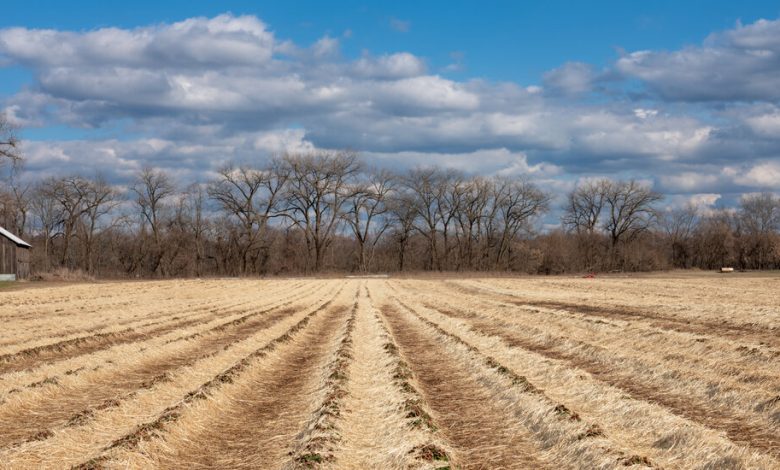They Grow Your Berries and Peaches, but Often Lack One Item: Insurance

Farmers who grow fresh fruits and vegetables are often finding crop insurance prohibitively expensive — or even unavailable — as climate change escalates the likelihood of drought and floods capable of decimating harvests.
Their predicament has left some small farmers questioning their future on the land.
Efforts to increase the availability and affordability of crop insurance are being considered in Congress as part of the next farm bill, but divisions between the interests of big and small farmers loom over the debate.
The threat to farms from climate change is not hypothetical. A 2021 study from researchers at Stanford University found that rising temperatures were responsible for 19 percent of the $27 billion in crop insurance payouts from 1991 to 2017 and concluded that additional warming substantially increases the likelihood of future crop losses.
About 85 percent of the nation’s commodity crops — which include row crops like corn, soybeans and wheat — are insured, according to the National Sustainable Agriculture Coalition, a nonprofit promoting environmentally friendly food production.
In contrast, barely half the land devoted to specialty crops — supermarket staples like strawberries, apples, asparagus and peaches — was insured in 2022, federal statistics show.
Among those going without insurance is Bernie Smiarowski, who farms potatoes on 700 acres in western Massachusetts, along with 12 acres for strawberries. His soil is considered some of the nation’s most fertile. The trade-off is the proximity to the Connecticut River, a bargain that grows more tenuous as a warming world heightens the likelihood of flooding.




